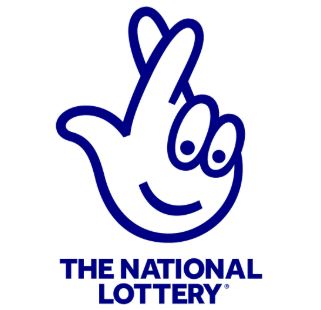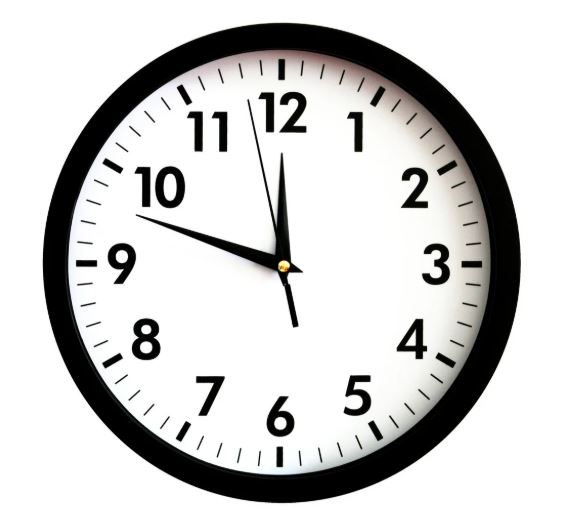The National Lottery doesn’t just run weekly draws—it also has instant win games and scratchcards you can play. 
These are quick games where the outcome is revealed almost straight away, either by scratching a panel on a physical card, or by playing an online version on the Lottery’s website or app.
Many people wonder if there’s a best time to play, or if timing makes any difference at all. This blog explains how these games work, what makes them random, and why the time you choose to play has no effect on the outcome.
What Are Instant Win Games?
Instant win games are short games where results are revealed nearly straight away, with no waiting for a draw. The National Lottery offers two main types:
- Physical scratchcards: These are pre-printed cards sold in shops. Each card has a fixed outcome before it reaches the counter. Scratching away the panels simply reveals whether that card contains a prize or not.
- Online instant win games: These are digital versions found on the National Lottery website or app. Outcomes are generated using certified Random Number Generator (RNG) software, which produces a result at the exact moment you play.
The potential prizes in both formats vary by game. For example, some scratchcards may cost £1 and may have top prizes of £10,000, while others may cost £5 with potential prizes up to £1 million. Online versions often work in a similar way, with different themes and rules depending on the game you choose.
It’s important to note that these games are designed as games of chance. That means there is no way to predict the result before you play, and no method that can change the outcome.
Is There A Best Time To Play Instant Win Games
There isn’t a particular time or day that influences the outcome of a National Lottery instant win game. 
- For scratchcards: The outcome is fixed when the card is printed. Buying one in the morning, evening, or on a weekend has no effect on whether it is a winning card.
- For online instant wins: RNG software is used to generate random results. These are tested and approved by independent auditors under UK Gambling Commission (UKGC) rules to ensure fairness. The number of people playing at the same time, or the time of day does not impact your individual game.
Some players like to play at certain times for personal reasons—such as when they feel more relaxed or simply have spare time—but this is about preference, not outcome.
Are Instant Win Games Random?
Yes. Both physical and digital instant win games are designed to produce random results, but the way this happens differs.
- Scratchcards: Every batch of cards is produced with a set number of winning tickets. For example, a £1 game might have odds such as 1 in 4.72 of winning any prize. This does not mean every fifth card will win; instead, the wins are spread randomly throughout the print run. The prize structure is published on the back of each card, so you can see the odds and potential winnings before you play.
- Online games: Instead of being pre-printed, results are created in real time using RNG technology. The RNG ensures that each play is independent of the last. Whether you have played once or dozens of times, the next play is unaffected by your history.
There are no “hot streaks” or “cold streaks” with these games. Each play stands on its own. While you may see patterns over short sessions, this is coincidence, not a system that can be predicted.
Because of this, there is no strategy that guarantees winnings. The best approach is to understand the odds of the game you are choosing, check the prize table, and remember that outcomes are based entirely on chance.
*All values (Bet Levels, Maximum Wins etc.) mentioned in relation to these games are subject to change at any time. Game features mentioned may not be available in some jurisdictions.
**The information provided in this blog is intended for educational purposes and should not be construed as betting advice or a guarantee of success. Always gamble responsibly.
